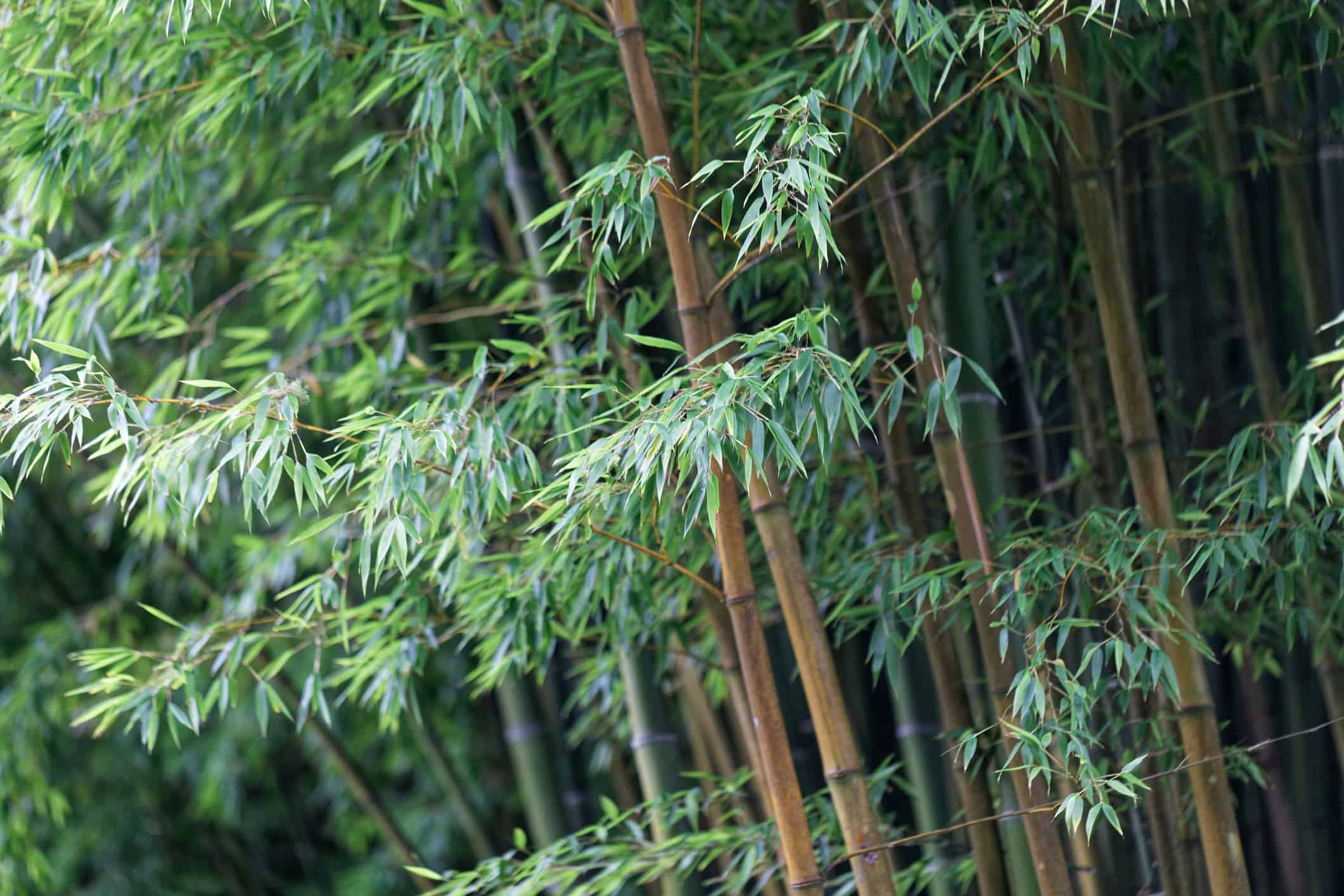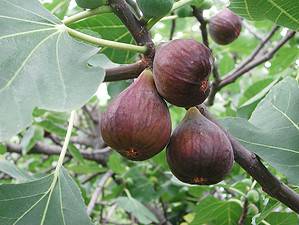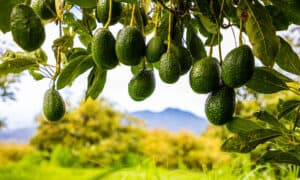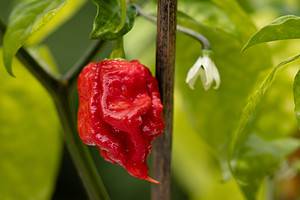Where to Find Bamboo in New Hampshire
Although it is possible to grow bamboo in parts of New Hampshire, it is important to choose a species that will grow well in your specific location. Not all species of bamboo will adapt well to New Hampshire’s particular climate and soil conditions. Most well-known bamboo species are not native to North America, but come from tropical and sub-tropical regions, particularly those of Asia. While New Hampshire is home to some grass plants that share characteristics with bamboo, which is also a grass plant, these are not true bamboo and not typically what home gardeners imagine when wanting to plant bamboo in their yards or gardens.
Some of the most popular bamboo plants include golden bamboo (Phyllostachys aurea), Buddha’s belly bamboo (Bambusa ventricosa), black bamboo (Phyllostachys nigra), and moso bamboo (Phyllostachys edulis). All of these plants grow natively in China and can grow to great heights and create thick bamboo groves. As a result, they are popular landscaping plants. However, not all of these species will grow well in New Hampshire’s climate.
This article will cover some of the unique challenges, benefits, and other factors to consider when growing bamboo in New Hampshire. From there, you will learn about several places in New Hampshire where you may visit living bamboo groves and talk with experts about how you can grow your own bamboo at home. First, let’s go over some of the basic facts about bamboo before diving into some of the challenges and benefits of growing bamboo in New Hampshire.
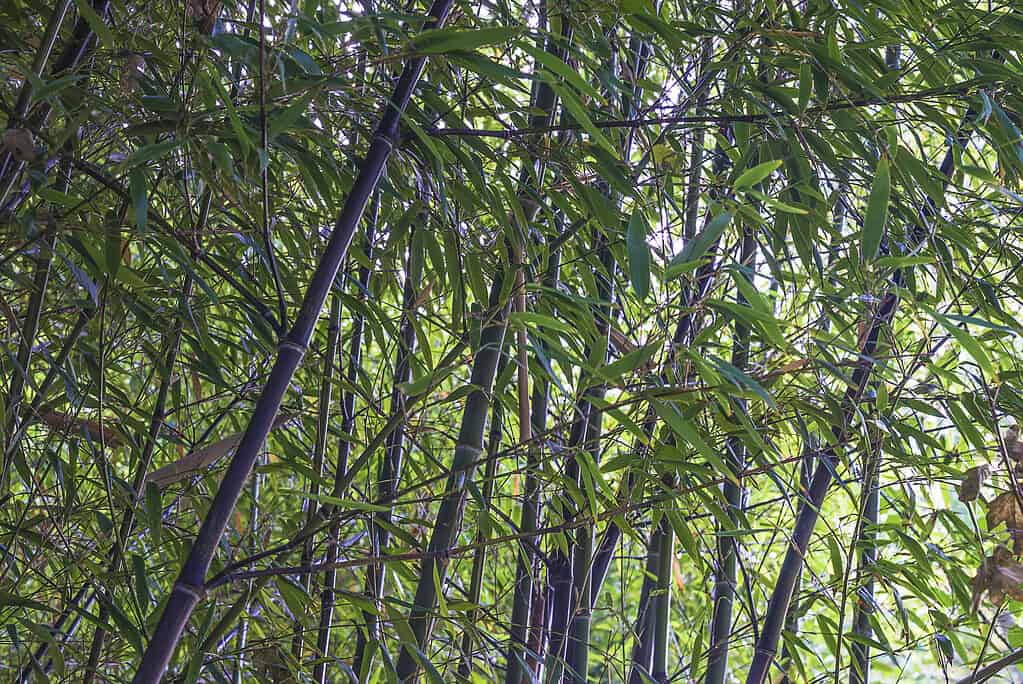
Globally, there are over 1,000 and as many as 2,000 grass plants known as “bamboo.”
©iStock.com/stsvirkun
What is Bamboo?
Globally, there are over 1,000 and as many as 2,000 grass plants known as “bamboo.” Many of these are originally from Asia, though there are plants called bamboo from other continents, including Africa and South America. Bamboo species belong to over 100 different genera in the Poaceae family and the Bambusoideae subfamily. These many different bamboo species come in a range of colors, can be tiny or grow to staggering heights, need different climates, and offer different benefits. Some bamboo species are edible while others are suitable for construction and others are typically grown purely for ornamental purposes. This immense diversity of species means that different types of bamboo plants can grow well across most of the world’s geographic regions, including in New Hampshire and other parts of North America.
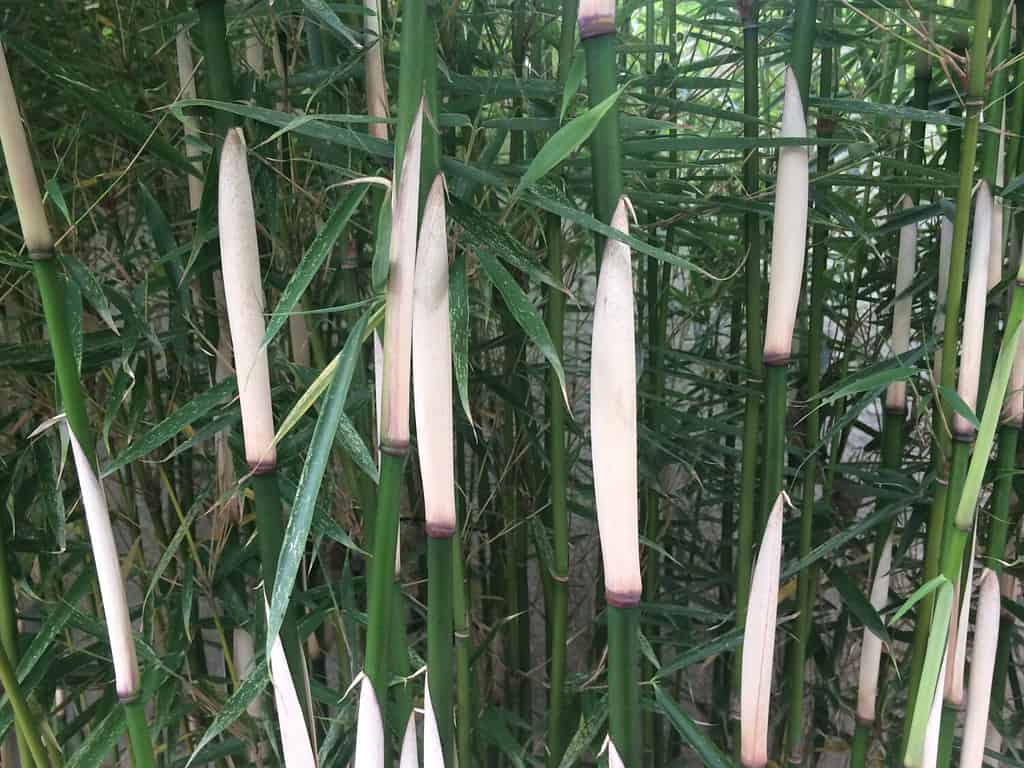
Anyone interested in cultivating a bamboo grove in New Hampshire should anticipate a few challenges.
©Egeria/Shutterstock.com
Challenges of Growing Bamboo in New Hampshire
Anyone interested in cultivating a bamboo grove in New Hampshire should anticipate a few challenges. New Hampshire tends to have a humid climate of warm summers and cold, snowy winters. Over the course of four distinct seasons, the temperatures can range from 80 degrees Fahrenheit in the summer to below freezing in the winter, with plenty of snowfall. With this in mind, cultivating bamboo in New Hampshire is not impossible, but can be challenging. These challenges include the cold New Hampshire winters, soil types, and a lack of moisture.
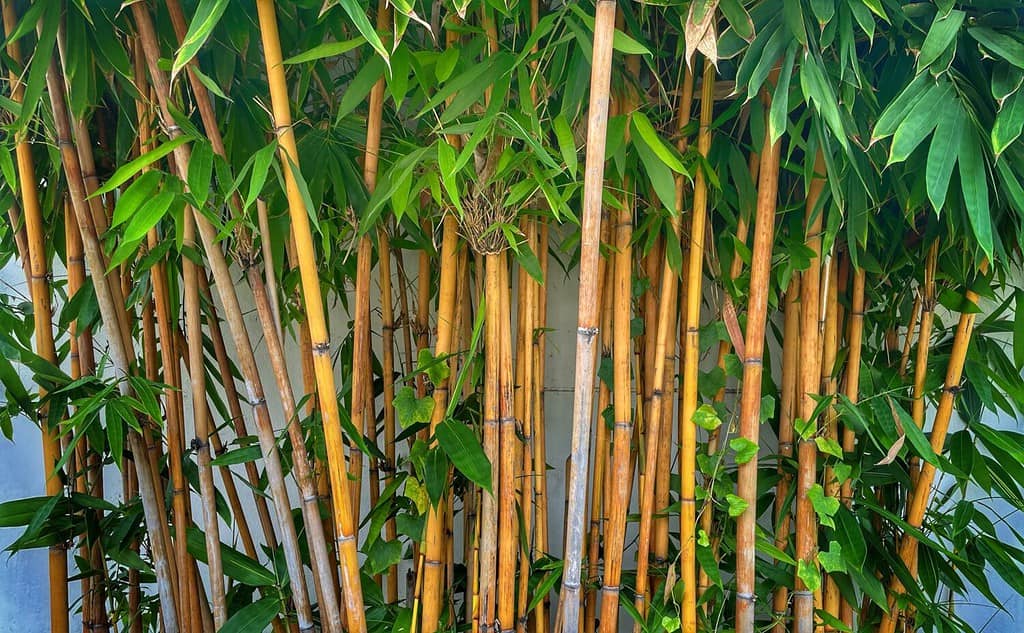
It is important to choose a cold-hardy bamboo species that can survive extreme drops in temperature
©Phuwadon Phichairat/Shutterstock.com
Major Challenges of Growing Bamboo in New Hampshire
First, New Hampshire’s cold winter season can pose a significant threat to bamboo growth. Many species can die in very cold temperatures. Additionally, because snow is so common during New Hampshire winters, bamboo plants may bend or break under the weight of lots of snow and ice. In response, it is important to choose a cold-hardy bamboo species that can survive extreme drops in temperature and to protect your bamboo plants using physical barriers or by bringing them indoors in pots.
Second, bamboo grows best in moist but well-draining soil that is rich in organic material. Certain regions of New Hampshire have soil more conducive to growing bamboo, but across the state, you will find a range of soil types. Some soil in New Hampshire is clay, other soil is very sandy. To address this, you can choose a bamboo species that is more adaptable to these soil conditions and test the soil in your yard to know if any modifications are necessary to provide your bamboo with sufficient nutrients.
Third, New Hampshire does receive a significant amount of precipitation over the course of the year, but periods of drought can harm bamboo plants, which require consistent levels of moisture. Monitor your bamboo plants closely and ensure they receive regular watering. However, don’t let their roots get too waterlogged! Without well-draining soil (see above), bamboo plants may be susceptible to root rot, which can kill your plants.
Other Considerations for Growing Bamboo in New Hampshire
Despite these challenges, bamboo can thrive in New Hampshire. However, that also makes it important to consider the impact that your bamboo may have on the surrounding ecosystem. Certain species of bamboo are considered invasive and can grow rapidly. Their underground shoots can spread quickly, causing new bamboo shoots to appear, which can choke out native plants. As a grass, bamboo can be difficult to control. To avoid harm to the local New Hampshire wildlife, choose a non-invasive species and carefully monitor your bamboo plants. You can always prune the plants when needed and use physical barriers in the ground to prevent the bamboo shoots from spreading out of control.
However, with these precautions in place, bamboo can be a great addition to a landscape and provide numerous benefits. Let’s learn some tips for growing bamboo in New Hampshire and discover a few of the benefits now!
How to Grow Bamboo in New Hampshire
There are so many different varieties of bamboo, and bamboo plants tend to be so adaptable and resilient, that you can certainly find a suitable bamboo for you to grow in New Hampshire! A few species that may grow well include black bamboo (Phyllostachys nigra), golden bamboo (Phyllostachys aurea), and the clumping bamboo Fargesia robusta.
Plant your bamboo species in a place that has plenty of sun, organically-rich and well-draining soil, and physical barriers to prevent the plants from spreading. Prune your plants when needed to control its size, and ensure your bamboo has consistent water. Whether or not you need to bring your bamboo indoors during the winter in New Hampshire depends largely on the species you choose. Species such as Phyllostachys nigra are cold-hardy and can survive the winter temperatures, though they may experience some damage in particularly-cold seasons. Less-cold-hardy species may need to come indoors.
If you do bring your bamboo indoors for the winter, you may either grow it in a container all-year-round or transplant it to a pot for the winter season. However, you will want to be careful to not shock your bamboo. To avoid this, acclimate the plant slowly by first moving it to a sheltered, shady location outside where it can get adequate light. After a few weeks, you can then bring it inside to your home or garage. Throughout the winter, ensure that it still has good sunlight access.
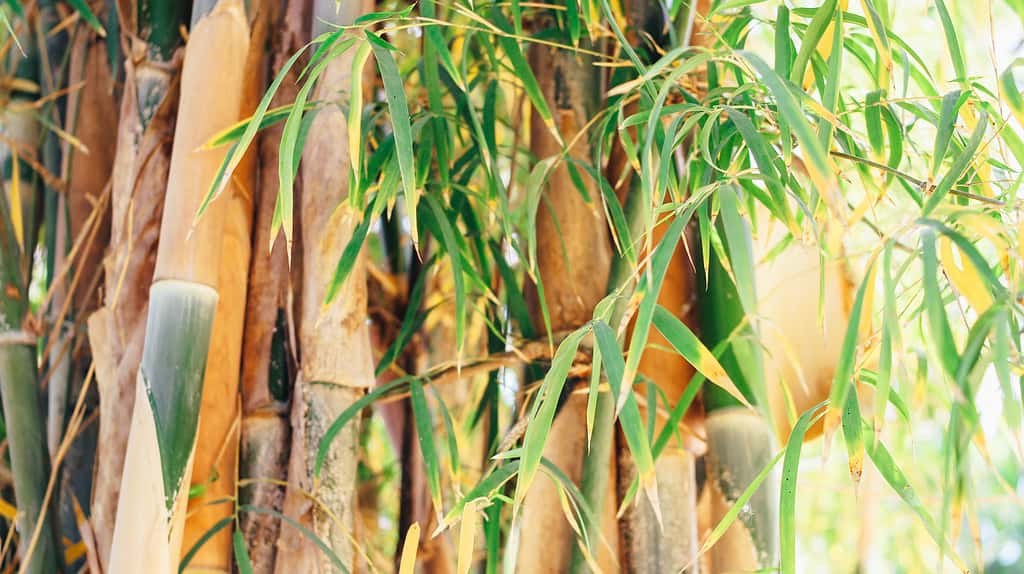
While bamboo can exhibit yellowing when in distress, there are also parts of its life cycle when yellowing leaves are completely normal.
©Ms. Li/Shutterstock.com
Benefits of Growing Bamboo in New Hampshire
With the proper precautions in place, growing bamboo in New Hampshire can have a positive impact on the local environment. Many landscapers love bamboo as an ornamental plant that denotes a peaceful garden atmosphere. Instead of building a fence or building for wind protection and shade from the sun, you can plant bamboo to provide a natural privacy barrier and source of garden shade. The root systems of bamboo can fight erosion and stabilize soil. Bamboo plants also reduce carbon dioxide, so can have the positive environmental impact of cleaning the air. The tall, shady groves also provide a welcoming habitat for birds and animals.
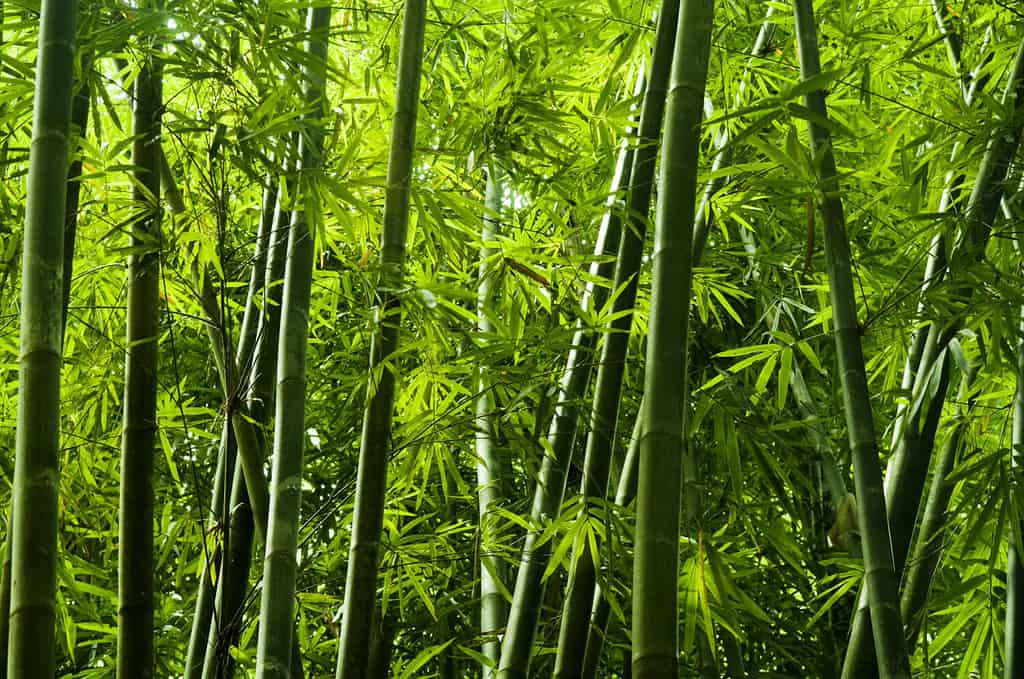
Before planting bamboo in New Hampshire, you may want to consult with a local expert or horticulturalist.
©szefei/Shutterstock.com
Bamboo Arboretums and Gardens in New Hampshire
Before planting bamboo in New Hampshire, you may want to consult with a local expert or horticulturalist. Many botanical gardens and arboretums have expert staff who are willing and excited to provide advice and share their knowledge of growing both local plants and common landscaping plants like bamboo. The rest of this article provides a brief list of some places in New Hampshire where you may be able to see bamboo growing or talk with someone who can give you advice about cultivating your own bamboo grove.
However, don’t be afraid to do your own research too! There are likely many other plant nurseries and botanical gardens you can visit. Some of the gardens are free, while some charge admission fees or host special educational events. To make sure you have the most up-to-date information, visit the websites linked below or give the gardens a call to confirm their hours, admission rates, and other relevant details.
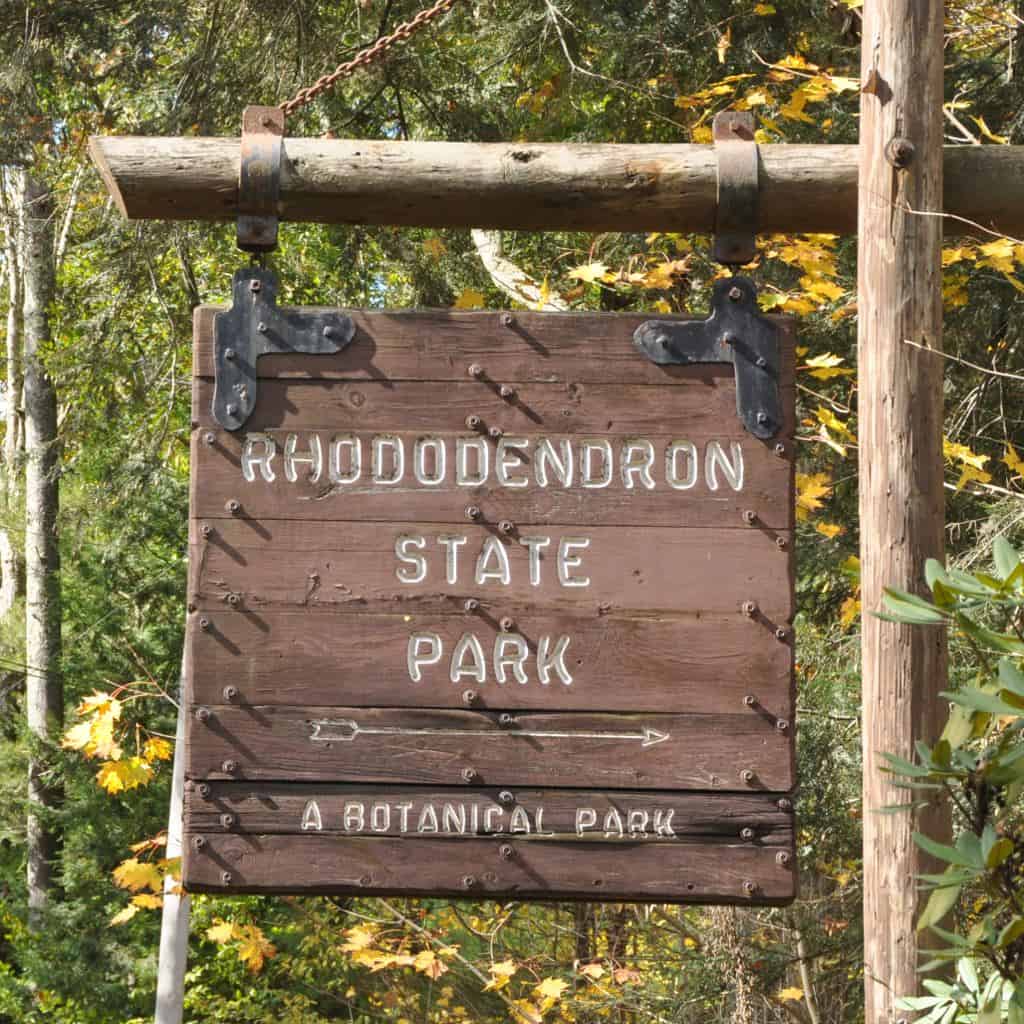
Rhododendron State Park, in Fitzwilliam, gained its name for its collection of rhododendron plants.
©1,024 × 1,024 pixels, file size: 283 KB, MIME type: image/jpeg – Original / License
Fuller Gardens
Fuller Gardens in North Hampton is an estate turned into a public botanical garden. Taking a leisurely walk through Fuller Gardens promises a restorative, tranquil experience featuring thousands of rose bushes, a formal English garden with perennials, a tropical conservatory, and a Japanese garden. The lush garden areas also include a bamboo grove with multiple species on display. Throughout the year, Fuller Gardens also hosts plant sales, garden party events, and educational workshops to gain gardening tips and advice.
Fuller Gardens is open daily from Mother’s Day through October 15th from 10 a.m. to 5:30 p.m. General admission is $10 for adults and youth aged 12 and up, $9 for seniors, $5 for children under 12, and $7 for students.
Rhododendron State Park
Rhododendron State Park, in Fitzwilliam, gained its name for its collection of rhododendron plants. The 16 acres of rhododendrons are the focal point of the park. An accessible trail that is .6 miles long allows park visitors to see the beautiful, fragrant rhododendron blossoms up close and in-person each summer. The park also includes a winding wildflower trail, which showcases some of the bountiful wildflowers that grow throughout the park’s 2,723 acres. Though it is not the focus, Rhododendron State Park also includes a small bamboo grove.
Rhododendron State Park is open daily. Visitors may visit any time unless special notice restricts visitation for a specific period. During the off-season, there will not typically be staff or amenities open. The admission fee for adults and youth aged 12 and up is $4, with tickets for children aged 6 to 11 $2. Admission for children under the age of 6 is free.
Other Places to Find Bamboo in New Hampshire
In addition to the gardens included above, there are many private homes and gardens throughout New Hampshire where individual gardeners cultivate bamboo. These estates can be some of the best places to gain inspiration for how bamboo can shine as a focal point in a garden or contribute to a cohesive landscape design.
To find opportunities, you can look into local garden clubs and associations or look into special tours and events held at private estates. For example, the North American Japanese Garden Association features multiple posts from home gardeners who have cultivated thriving bamboo groves as part of their Japanese garden designs at home. Among these is the Pochoda Residential Garden created by Phil Pochoda. His garden includes a bamboo grove of 30 hardy, clumping bamboo plants (Fargesia ‘jiuzhaigou’) planted in a grove on top of a hill in his landscape.
You could also seek to connect with a local plant nursery or Master Gardener club to find advice about where to buy bamboo plants, which species will thrive best in your area, and general tips for growing bamboo in New Hampshire.
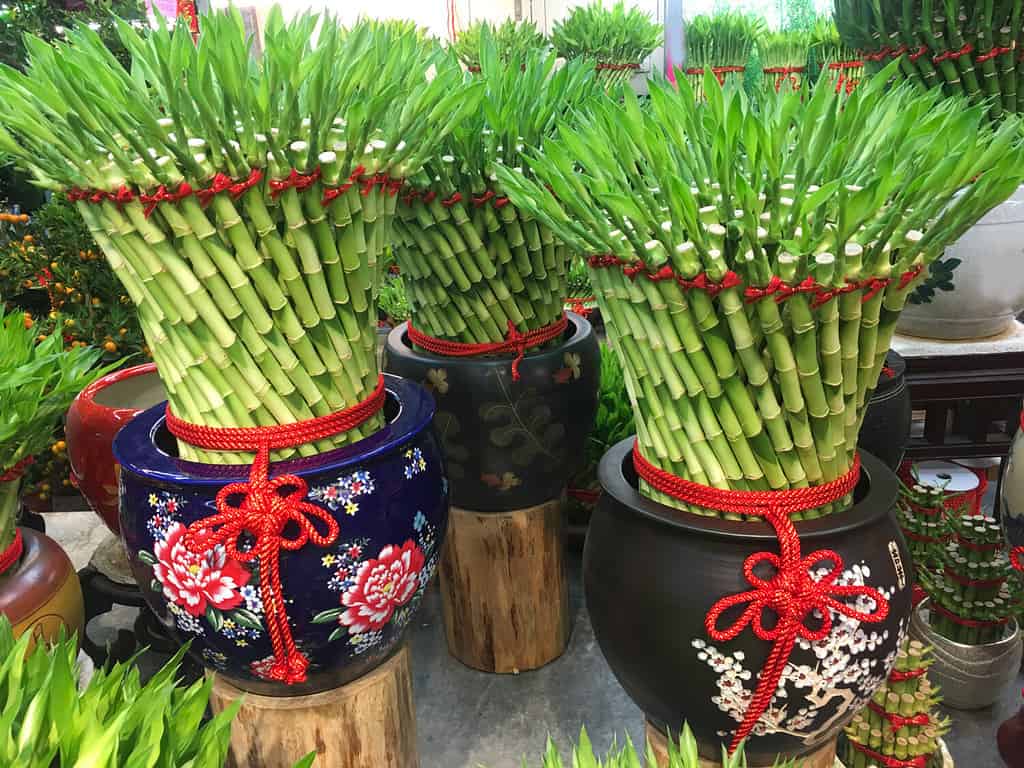
Seek to connect with a local plant nursery or Master Gardener club to find advice about where to buy bamboo plants.
©skywing/Shutterstock.com
Places to See Bamboo Near New Hampshire
Although New Hampshire has a limited number of places to see bamboo, neighboring states have many botanical gardens, arboretums, and zoos. Some of these are just a short drive or train away. For example, the Franklin Park Zoo, in Boston, Massachusetts, has a tropical rainforest exhibit with multiple kinds of bamboo. Consider visiting one of these nearby states, including Massachusetts, Rhode Island, New York, or Connecticut to see a greater assortment of bamboo species and exhibits!
Thank you for reading! Have some feedback for us? Contact the AZ Animals editorial team.

